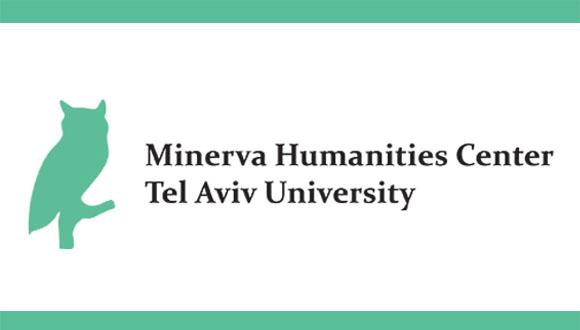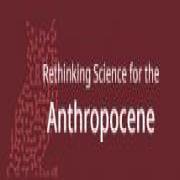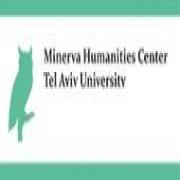Political Imagination: Rethinking Our Vocabulary - Call for Papers
Political Imagination: Rethinking Our Vocabulary - Call for Papers
Political Imagination: Rethinking Our Vocabulary
Lexical Workshop: September 29-30, 2021
Minerva Humanities Center, Tel Aviv University
Call for Papers
Political imagination is a concept that can be traced to a 200- year tradition of political thought and has returned to the public discourse in recent years in the context of theoretical artistic and activist conversations. In this workshop we seek to join this conversation by developing lexical concepts to explore Political Imagination and Imagination as Politics. Theories of decolonization, environmental justice discourses and activist groups around the world as Extinction Rebellion, Standing Rock, the Arab Spring and Black Lives Matter use a political imagination rhetoric not only to criticize, challenge and oppose political realities but also to offer alternatives for them. At the same time, artists, writers and filmmakers are producing more and more cultural artifacts that engage with questions of futurism, alternative pasts, dystopias and imaginaries.
Political Imagination international workshop seeks to bring these discourses together to answer the question: what is Political Imagination, what role do images (understood here in a wider sense) have in generating political imaginations? What kind of political imaginations could arise from a non-Western understanding of politics and imaginations? What is the relationship between political imaginations of the past and the possibility to imagine different futures? And furthermore, what can we say about political imagination here and now?
The lexical workshop attempts to investigate and develop political concepts related to political imagination from new and original perspectives. These may include, but are not limited to:
- Classic concepts such as judgement, memory and thinking
- Practices as activism, feminism, resistance and civil disobedience
- Diasporic cultures as Africanfuturism, Arabfuturism and Ethnofuturism
- Technologies such as virtual reality and artificial intelligence
- Affects as belonging, trauma or melancholy
- Arts such as science fiction and fantasy literature and artistic productions such as video art and performances that present different political imaginations.
- Political Imagination will be a part of Lexicon for Political Theory project. The aim of this project is to create an open political lexicon that examines the foundational concepts of national and neo-liberal political thought expanding the horizons for democratic deliberation. The boundaries of the political in this workshop are not predetermined, but rather, we hope, will arise from the compilation of entries and the conceptual network that will be developed between them.
Each paper should be dedicated to one concept. The paper should take note of the history of the concept and express awareness of its historicity, but it should also go further and present a systematic and innovative answer to the question "what is X?", meaning, what is it that the concept refers to or envisions. Authors are welcomed to invent new concepts or to suggest different understandings to existing ones. Presentation and critical discussion of the concept may be anchored in one specific theory or may move freely between several related or competing theories, as long as the focus is one single concept and the reality it refers to.
The principles of the lexicon project are detailed at: http://mafteakh.tau.ac.il/en/pdf/MafteakhE01-Preface.pdf
The conference will be held in English online on September 29-30, 2021
Deadline for submitting abstracts (300 words): July 15th
Please direct any questions or concerns to Norma Musih: norma.musih@gmail.com
Please send the abstracts to: politicalexicon@gmail.com
Following the conference, authors will be invited to submit papers for publication in the online peer reviewed journal Mafteakh (Hebrew).
An English edited volume is being considered to be published in a book format.




